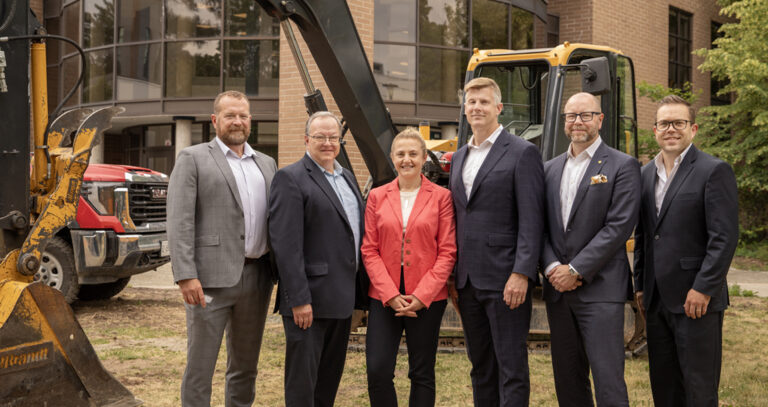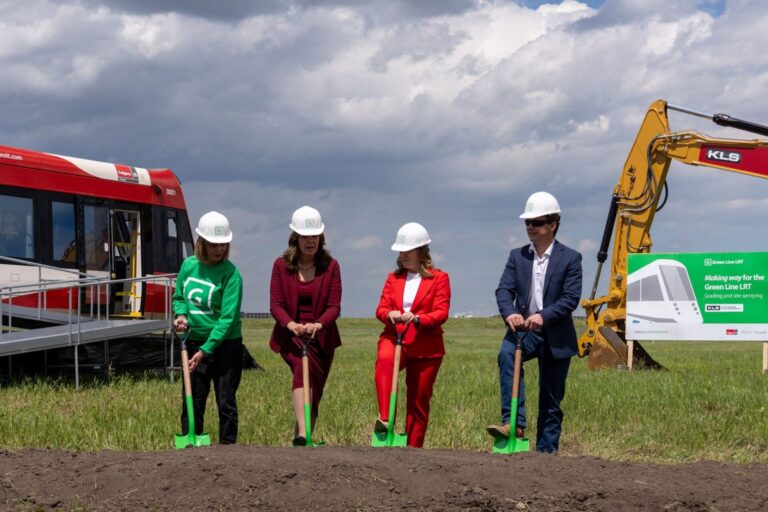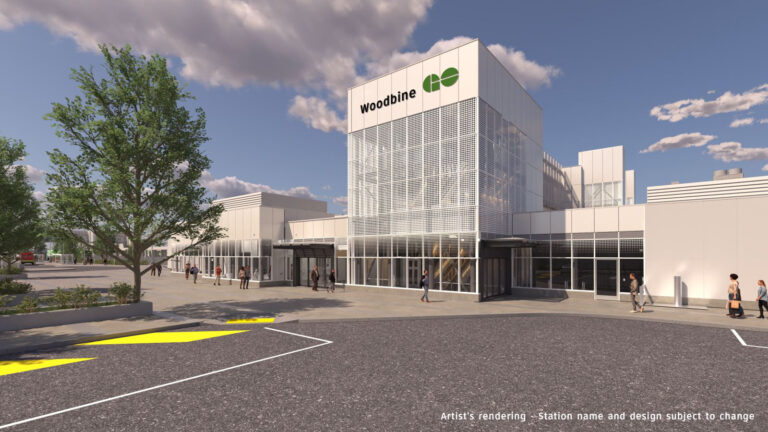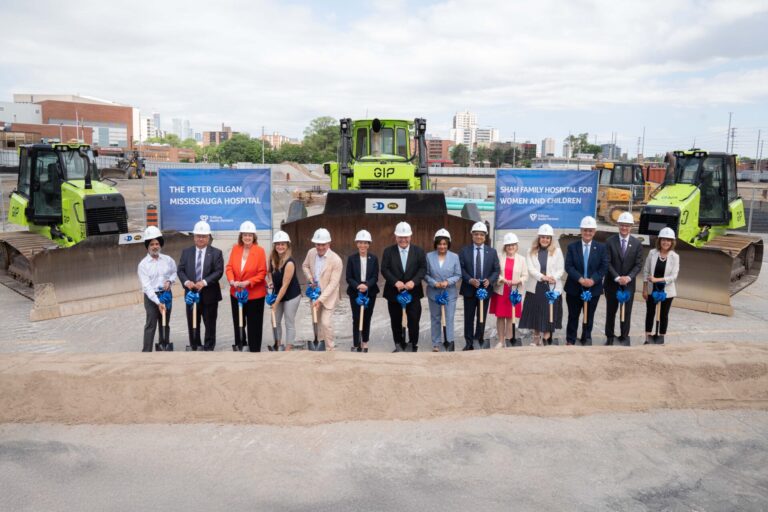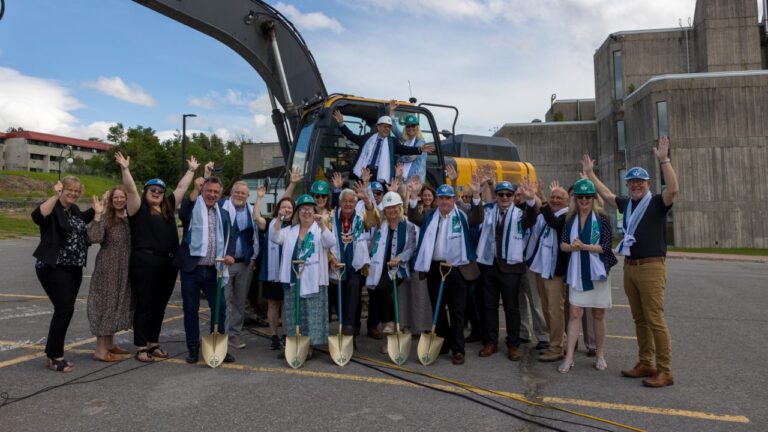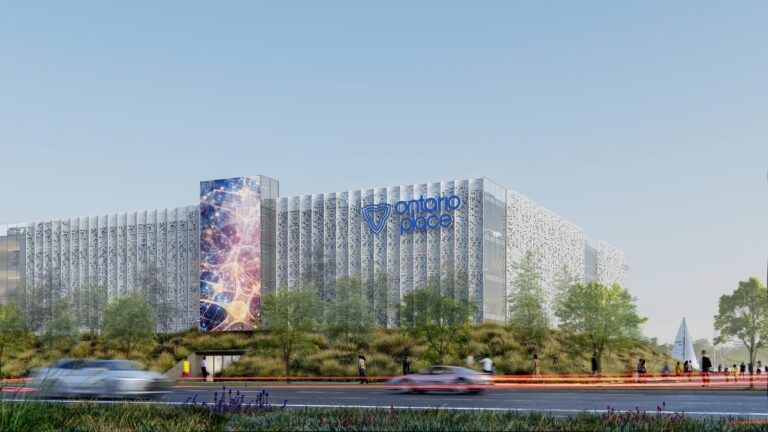People in rural and Indigenous communities throughout British Columbia will soon benefit from record investments in connectivity projects to improve high-speed internet and expand cellular access along provincial highways.
“For too long, people living in rural and remote parts of B.C. have been struggling with slow, intermittent internet access,” said Lisa Beare, Minister of Citizens’ Services. “We are taking action to ensure the benefits of high-speed internet are shared by everyone in B.C., especially those in rural and remote regions who contribute so much to our province.”
In September 2020, the province made its largest ever contribution to the Connecting British Columbia program, with $90 million of new funding under StrongerBC plan. Families and workplaces in as many as 200 rural and Indigenous communities can expect construction to begin soon, during the spring and summer, with completion targeted for fall 2021.
“Bringing high-speed internet access to all people in B.C. is about closing the digital divide and giving everyone an equal opportunity to share in its diverse benefits,” said Roly Russell, Parliamentary Secretary for Rural Development.
The Village of Keremeos is seeing the immediate benefits of connectivity funding. A fibre-to-the-home project from Telus is complete, connecting more than 900 households and workplaces to higher internet speeds.
“Investing in the advancement of technological infrastructure in Keremeos has brought tremendous benefits to our residents, businesses and service agencies,” said Manfred Bauer, mayor of Keremeos. “During this pandemic and the provincial health directives, it has allowed us to switch to a virtual world more adequately.”
Families, students and entrepreneurs in Keremeos can now access internet download speeds up to 40 times faster than the 25 megabits-per-second speeds they had previously. They can use video conferencing, online learning and remote working at a time when they need it most. The local agriculture sector will also benefit from access to smart agriculture services to improve output and protect crops.
“This partnership with government has delivered upon our collective commitment to bridge digital divides and ensure more British Columbians have the technology they need – wherever they live – to fully participate in the digital economy,” said Tony Geheran, executive vice-president and chief customer officer, Telus.
Northern Development Initiative Trust, which runs the Connecting British Columbia program, receives and reviews applications from internet service providers on an ongoing basis.
Projects receiving grants are also expected to improve cellular service along approximately 140 kilometres of provincial highways, while expanding the availability of roadside call boxes and Wi-Fi enabled highway rest areas.
For further information about connectivity funding programs in B.C., click here.




